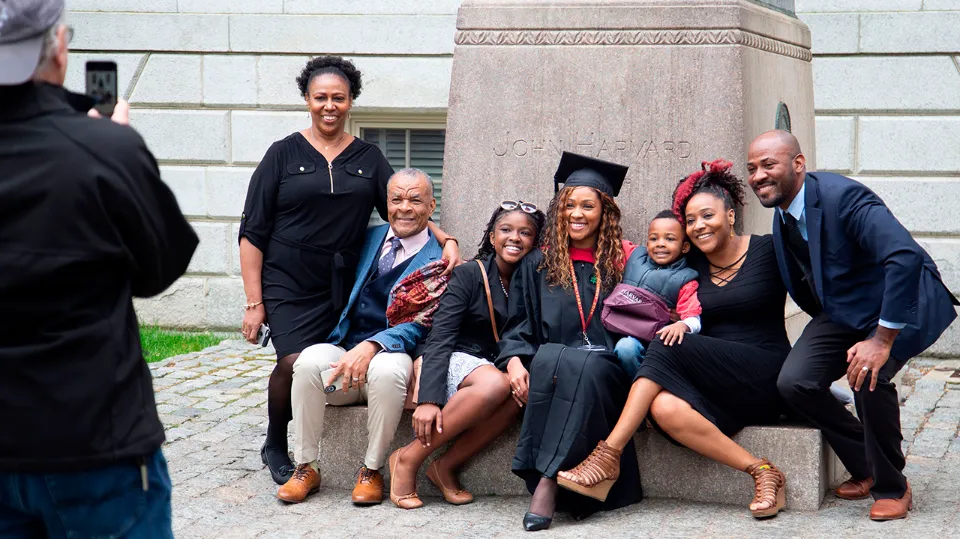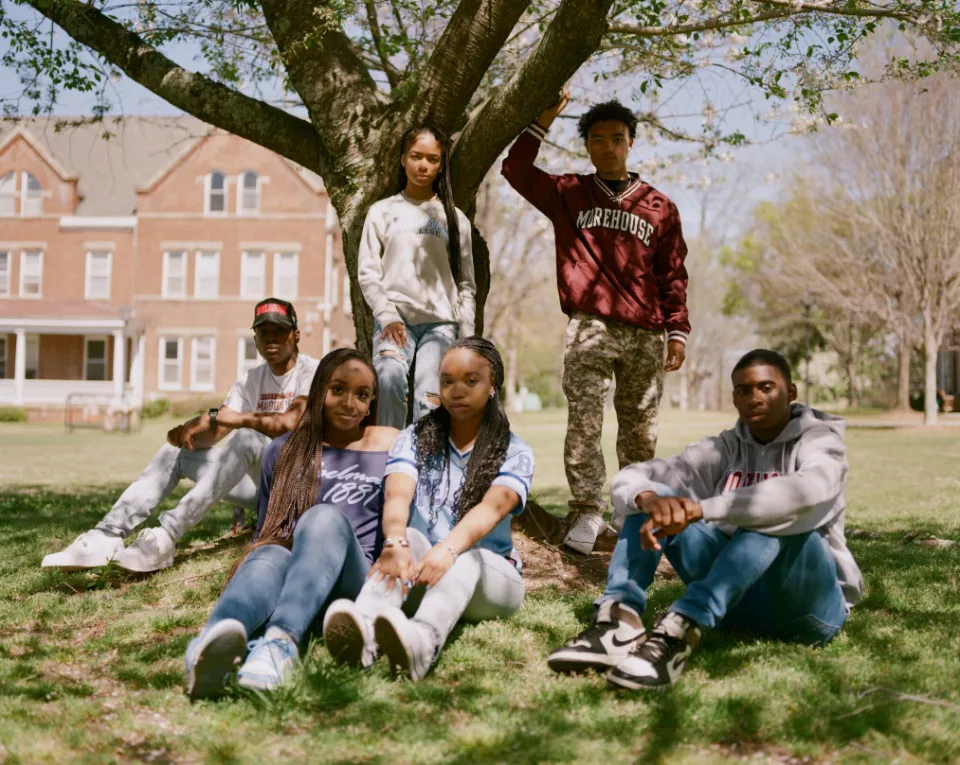
Is 26 Too Old to Enjoy College Life? Tips for Starting College at 26
You’ll learn in this article why starting college at age 26 is still a good idea and get some advice on how to do it.
If you’re 26 years old and considering attending college, you might be wondering if it’s too late to start.
Is 26 too old to enjoy college life? You will have more opportunities by attending college because there will be many other students your age and you still have a long working life ahead of you. Being 26 and attending college is not too late, according to all of these factors.
It is entirely feasible to start college at age 26 or 30. Read on to learn why.
Is 26 Too Old to Enjoy College Life?
It is never too late to begin college, so starting at age 26 is not a problem. Numerous older learners and professionals in the workforce are among the most successful college students. These more experienced college students frequently have a number of advantages in the classroom.
Older students frequently have real-world, professional experience and are accustomed to scheduling their time around a variety of personal and work commitments. Their background and broader skill sets may enable them to handle assignments, tests, and group projects more effectively.
A clearer goal or purpose to work toward may also be more accessible to older learners than to their younger peers because they frequently feel more clarity about what they want out of life.
Why is 26 Not Too Old to Enjoy College Life?

26 is actually not too late to start college for a variety of reasons, and there are a few things you might want to think about.
26 is Still Young
The fact that 26 is still a young age is the first argument in favor of returning to college.
You still have about 40 years of working life ahead of you at the age of 26. This means that by earning a college degree at the age of 26, you will be able to reap its benefits for a very long time.
It also implies that the majority of the other students won’t be much younger than you. Therefore, there really isn’t any need to worry if you’re worried about appearing odd.
There Will Be Many Other Students Around Your Age
After graduating from high school, it’s not unusual for people to start their careers. A few years later, they’ll enroll in college. Furthermore, many military personnel begin their college careers at around age 26.
There will probably be many other students who are roughly your age because of both of these factors. Additionally, it implies that 26 is not a milestone beyond which someone cannot benefit from returning to school.
You Won’t Be Much Older Than Most of the Other Students There
Consider the fact that 26 is not much older than the typical age of college students. As a result, the majority of the students in your immediate vicinity will be only a few years your junior.
There Will Be Older Students Than You
Another thing to think about is the likelihood that many of the students there will be much older than 26. In their 50s, people frequently enroll in colleges. There is no reason why you cannot gain advantages from attending college if they can.

You Will Be Able to Improve Your Opportunities
The main justification for saying that 26 is not too old to return to school is that doing so will present you with a variety of fresh opportunities.
Today, a college degree is typically required for many positions in your field. Holders of bachelor’s degrees are predicted to earn 66% more than those without one over the course of a 40-year career.
You will be able to benefit from having a degree for a very long time since you still have a lot of time left in your life. Over time, this ought to contribute to a higher quality of life for you.
Having said that, you should take into account the type of degree you earn. Better job opportunities will be available with some degrees than with others.
You Will Have More Purpose Than Other Students
Your motivation for attending college should be clearer now that you will have had some experience in the real world after high school. You should be able to use this to help you decide on a major, maintain focus, and inspire yourself to finish the degree when you are having difficulty.
College students frequently switch their majors during their time in the classroom. Since you’ll probably know what you want to do much better than this, you’ll probably be able to avoid it. You might complete college a little quicker if you do this.
You’ll Be Able to Appreciate the Value of the Classes
You’ll probably be able to recognize the importance of the classes much more than the other students, which is another way you might actually have an advantage over them.

As a result of not knowing why the material is important, it is not uncommon for students to struggle to motivate themselves to learn it.
You will probably find it simpler to understand the importance of the classes since you will have some practical experience. Your enjoyment of your classes should increase as a result, and studying for them should be less difficult for you.
Other Students Won’t Know Your Age
Consider the fact that people frequently make mistakes in estimating the ages of others. The younger students won’t likely be able to tell that you are older than them because of this.
It is also unlikely that the other students will care about your age because college is a place where students are meant to learn.
Tips for Starting College at 26
The right attitude and preparation can help older students and working adults succeed in college. For those who are 25 years old, 30 years old, or older, we’ve listed seven tips below.
Establish a Clear Goal
A clear goal, or a powerful “why,” is key to success when entering college at age 25 or later. Why do you want to earn this degree? Which occupation do you desire?
Most students find college rewarding, but the workload can occasionally be difficult. You need a specific objective to fall back on for motivation when things get tough; a justification for why you’re spending so much time and money on college.

Leverage Your Real-World Experience
Twenty-five or thirty-year-old students who enroll in college frequently have several years of work experience to bring to the classroom. These more experienced students not only bring their work but also perspectives and life experience that 18-year-olds frequently lack.
The advantages of this experience for students are numerous. It’s possible that they could receive credit for their life experience. They might find it simpler to balance their time and academic workload than younger students because they have had more time to develop time management skills.
Make Networking Connections
In many cases, the relationships you form in college are just as significant as the subjects you study and the degree you obtain. Spend some time getting to know your peers and professors.
You can advance in your chosen field by finding mentors and networking with peers, both of which can lead to jobs later on. Beyond aiding in job placement, making friends with your professors and peers can make classes more rewarding and enjoyable.
Set Realistic Expectations for Yourself
When you first enroll in college, make sure your expectations are realistic. Establish relationships with your younger peers at 25 or 30, it might take some time. To accommodate studying, projects, exams, and assignments, you might also need to make adjustments to your daily schedule.
Allow yourself some grace and time to adjust. Do not forget that you have a wealth of life experience that will be helpful to you as you take on this new challenge.

Take Advantage of Student Support Services
The majority of colleges provide a range of services for supporting students in order to support their success in the classroom, in their social lives, and in their careers. You might be able to benefit from services like writing and career centers, tutoring, financial aid advisors, academic advisors, and technical support.
For students juggling professional and family obligations with their college coursework, this support may prove particularly significant and beneficial. Use these services to the fullest extent possible; they are at your disposal.
Find a Program That Works With Your Schedule
As an older student, you must be flexible, particularly if you have kids or intend to work either full- or part-time while you are in school.
Online courses that deliver all of the required material asynchronously and without set class times may be a particularly good fit. Many of these programs were created with working adults in mind and only accept applicants with several years of professional experience.
Remember That You’re Not Alone
A third of college students are 25 years of age or older. Since many others have done so before you, you are by no means the only older adult starting college. Reach out to any other older students in your classes if there are any, as they can offer support as you progress through your courses.
Conclusion: Starting College at 26
Since college can be started at any age, starting at 26 is not too late. Older learners and professionals in the workforce make up a large portion of the most successful college students. These more experienced college students frequently have a number of advantages in the classroom.
It’s still possible to increase your earning potential if you’re in your 30s, 40s, or older. Additionally, a number of organizations offer scholarships that are only available to adults who are currently in school or in the workforce. For aspiring students who must provide for their families, these awards may make attending college more feasible.


